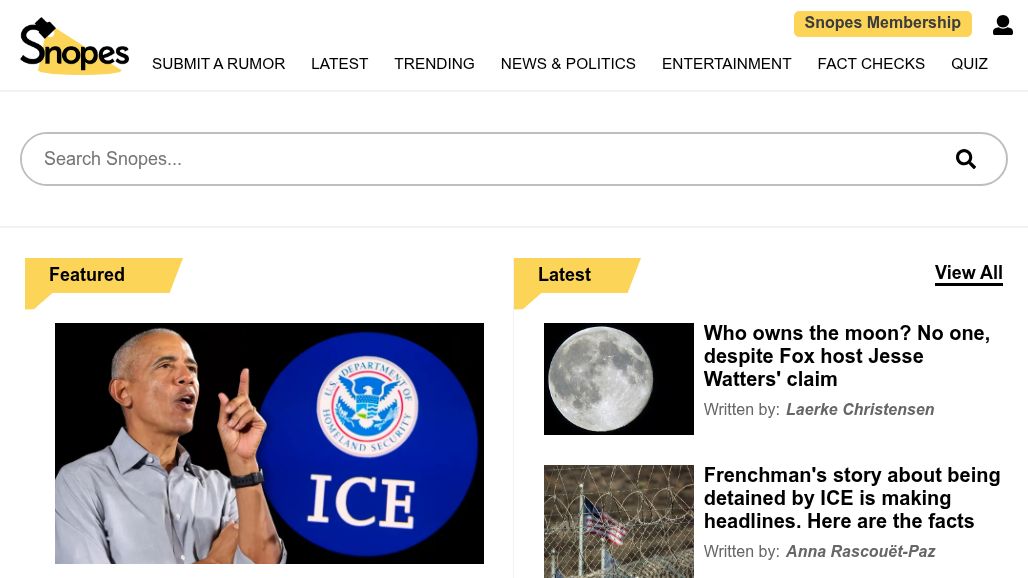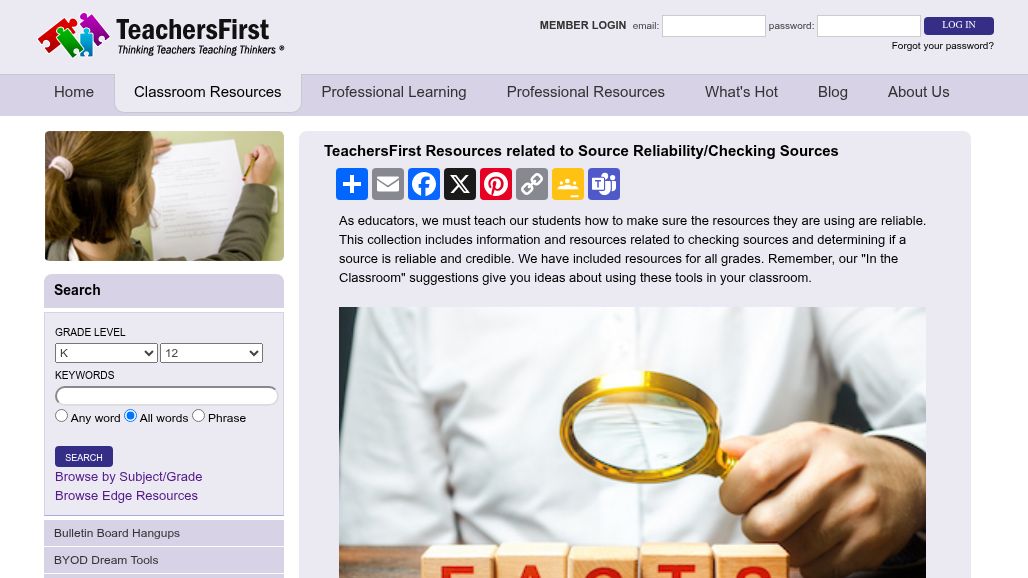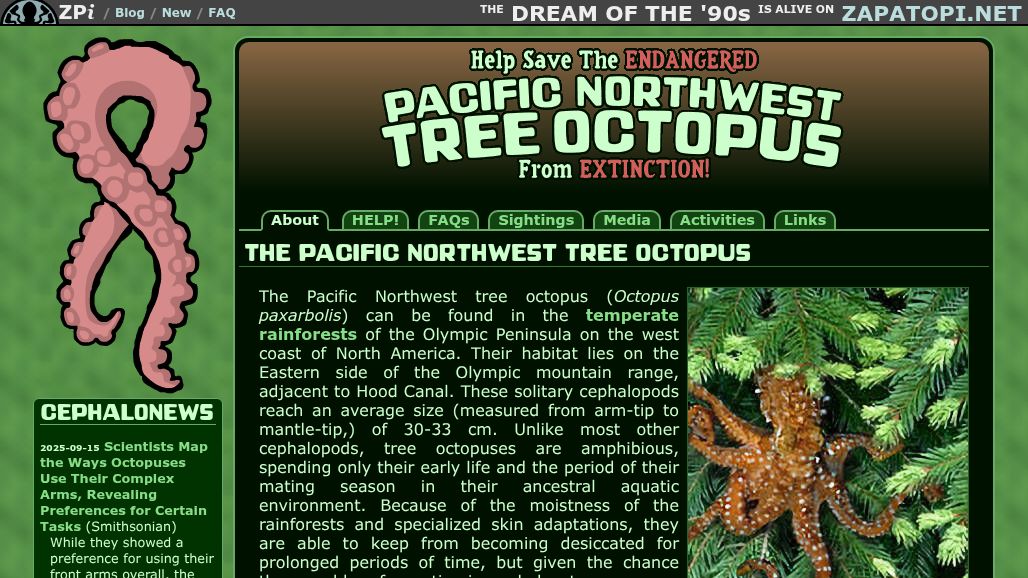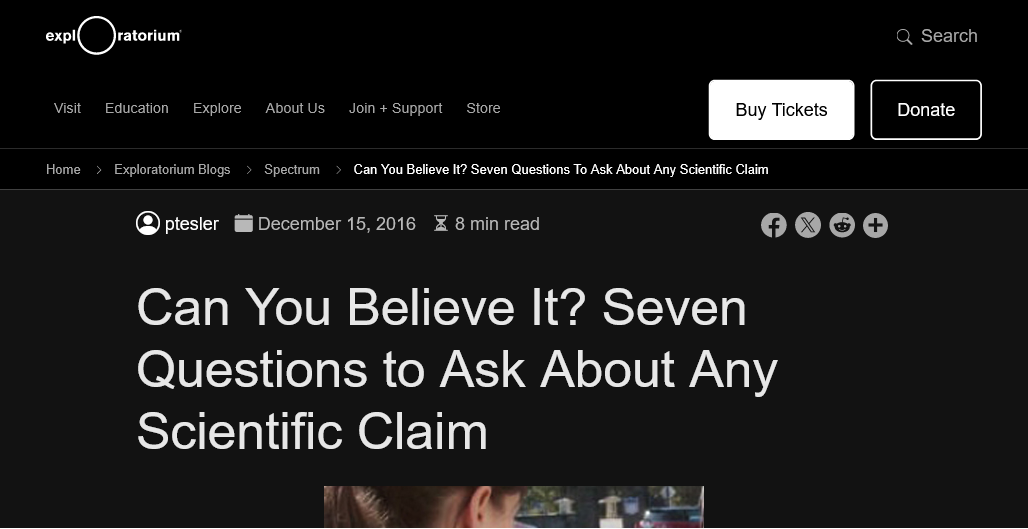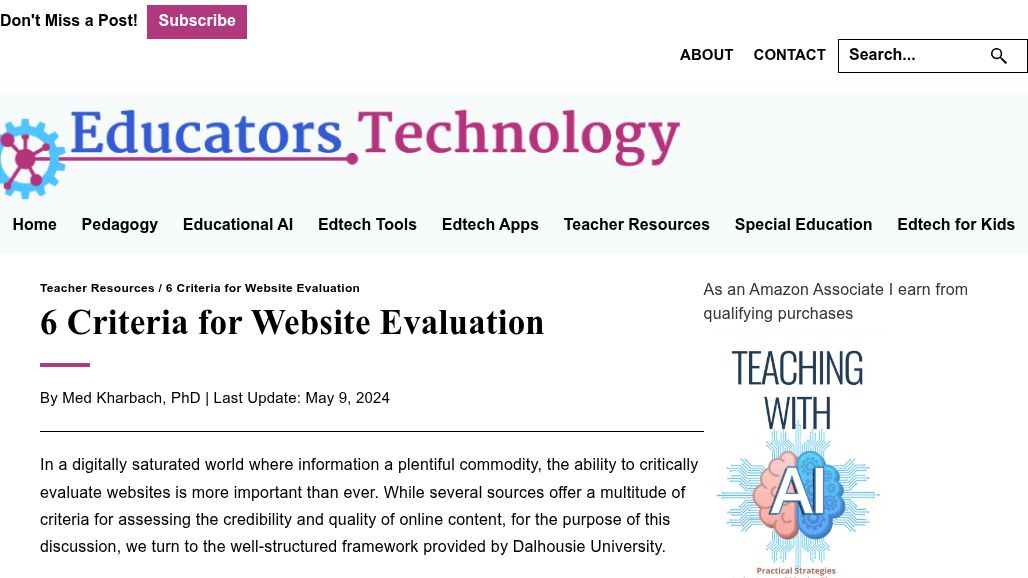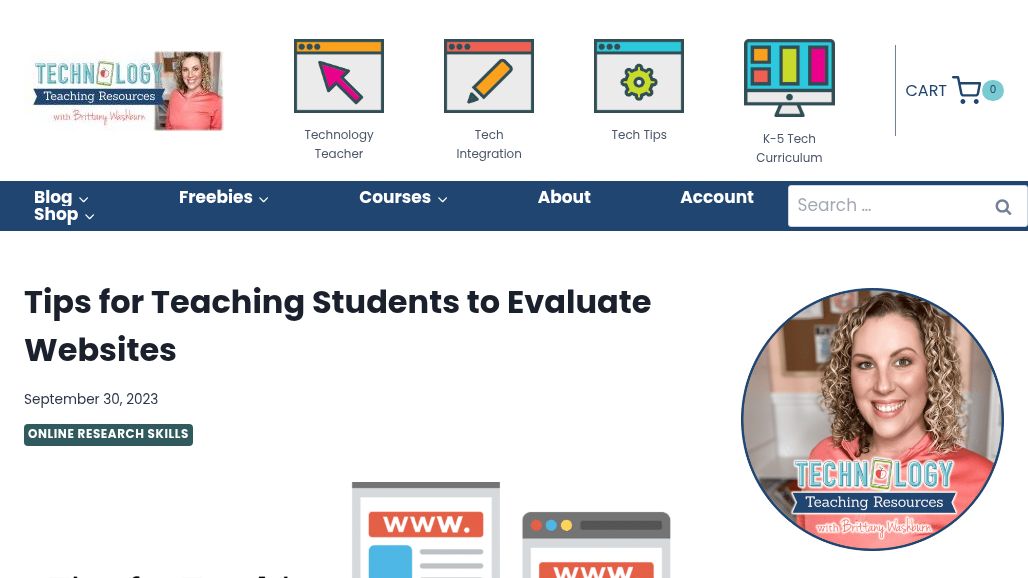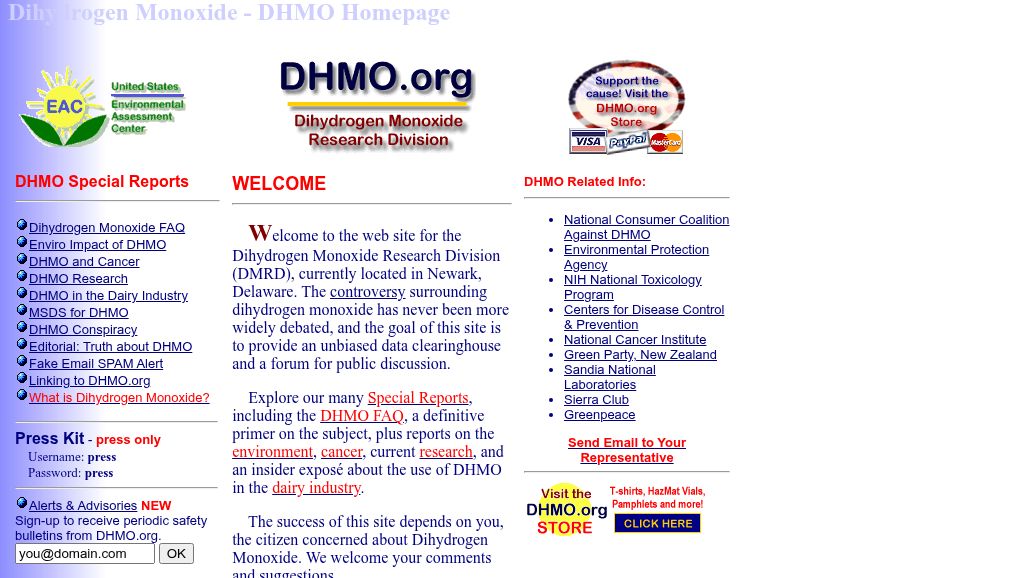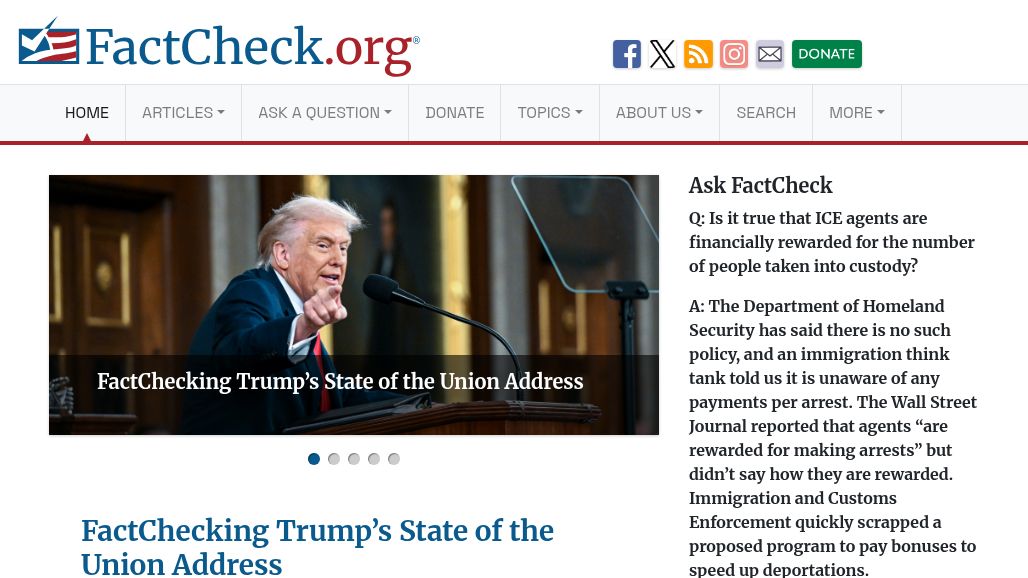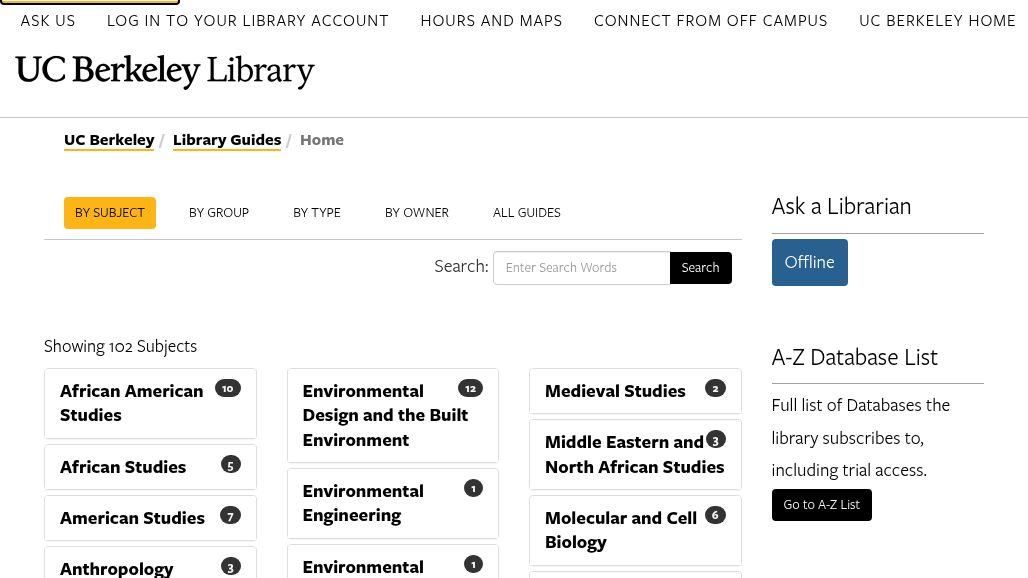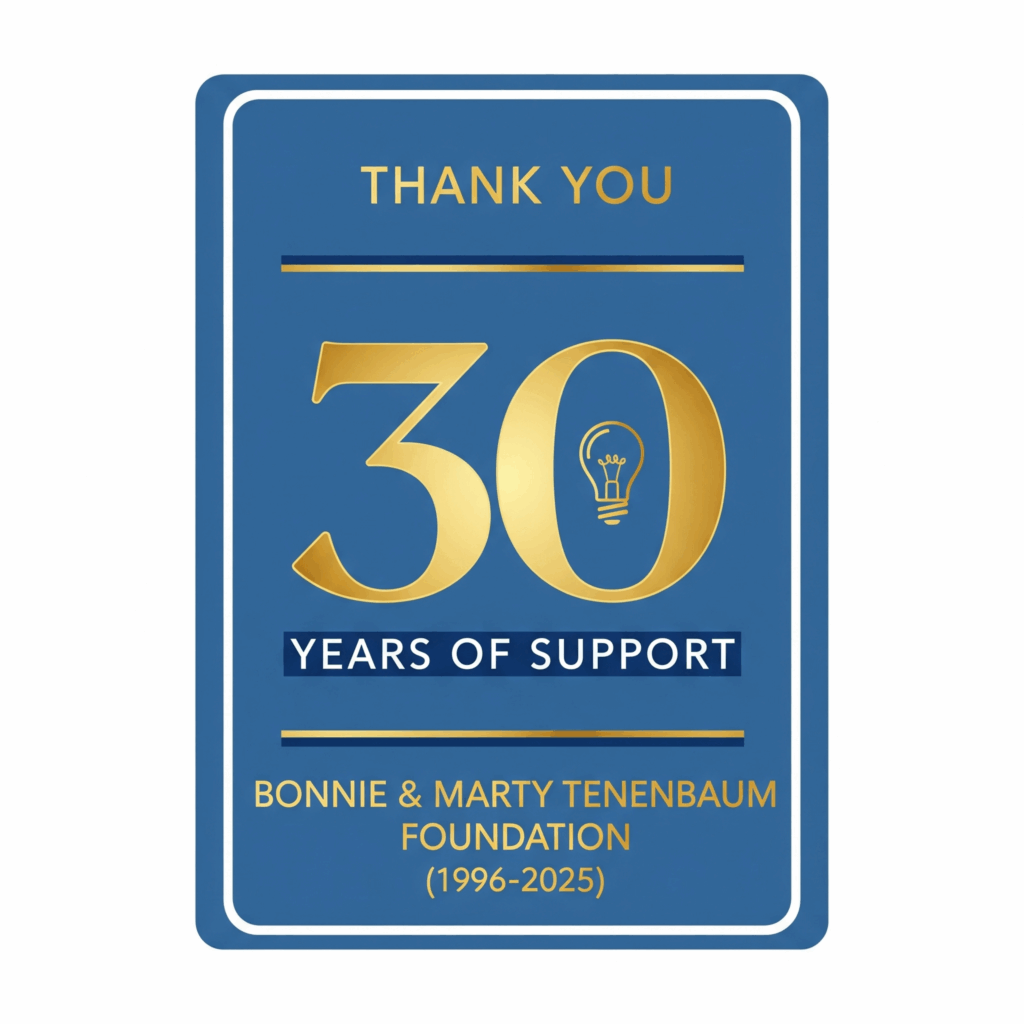With the reliance of students, teachers, business people … well, everyone … on the Internet and its resources, it’s imperative that everyone has the tools needed to evaluate and identify good and bad information.
Use the resources and challenges outlined here to equip students to become savvy consumers of information. Use example fake sites or sites with an obvious bias to introduce students to this concept.
As teachers, you will have already developed a sense of quality sites. Your students need to acquire similar experience thru practice and examples.

